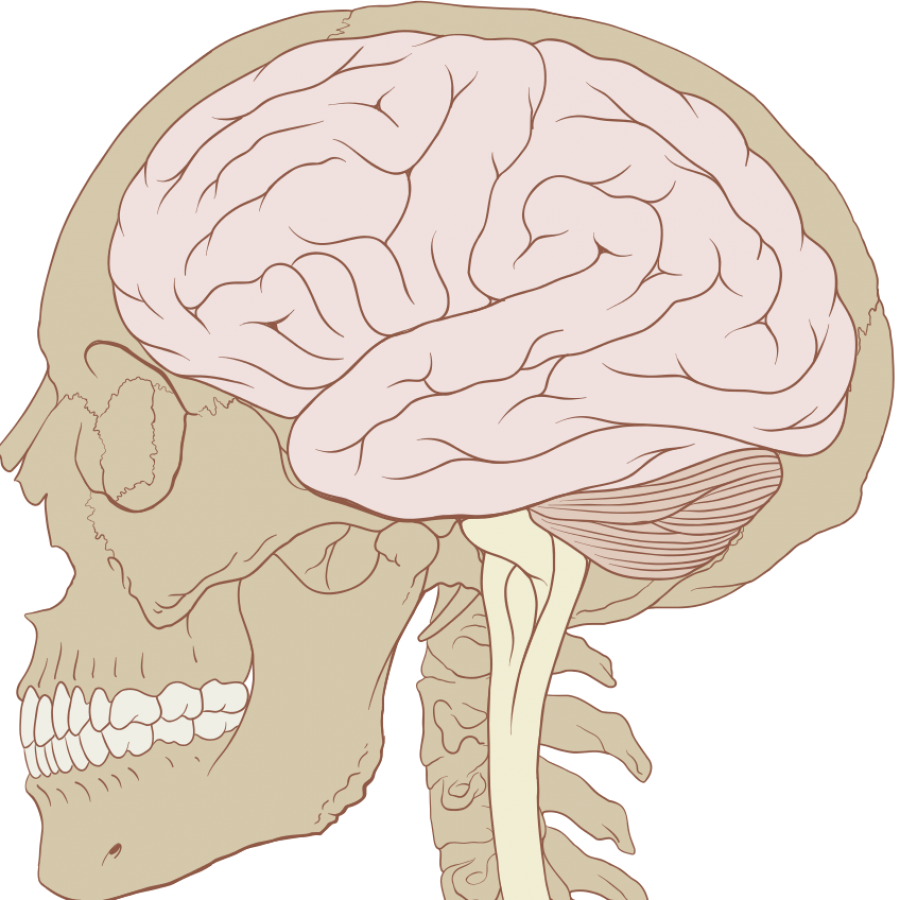The teenage years are often the most wild, unpredictable, and complex years in one’s life. During this time period, the brain is maturing and teenagers experience massive changes in thought.
In the past, when teenagers acted recklessly and emotionally, it was assumed that their behavior was the result of raging hormones and resistance to authority, however, studies have shown that this behavior is, instead, due to the teenage brain not being fully developed. Along with this revelation, studies have also identified which parts of the brain develop first and which parts develop last.
The myelination process or development process starts in the back of the brain and works its way to the front which means that the prefrontal cortex, the part of the brain involved in decision-making, planning, and self-control, are the last things to mature in the mind. Contrary to popular belief, teenagers do have the potential to have prefrontal cortex capabilities, however, during teenage years, teenagers’ brains cannot transmit signals fast enough, so that’s why a lot of teenagers are impulsive and emotional.
Scientists have also discovered that teenagers’ brains do not grow by getting larger as they age, but by having interactions that involve multiple parts or regions of the brain. Teenagers lack these interactions, but will learn them over time as they grow, have more experience in life, and mature. This explains why adults are not as complicated as teens. They are fully developed.
Due to lack of brain development, teenagers are also more likely to get involved in alcohol, drugs, and other unhealthy behaviors. Experts say it’s important for parents to understand this as this will help them prepare for their child/children experiencing different behavior.
Teenagers exhibit drastically different behavior from when they are young and when they will be adults. With this understanding, scientists believe that these discoveries will help both parents and their teenage children deal with the struggles of maturing.









